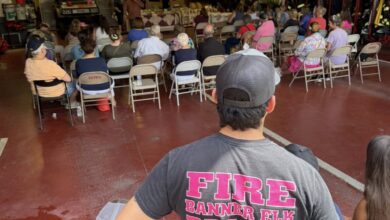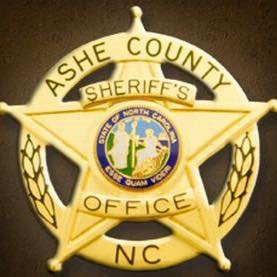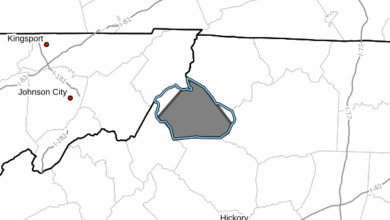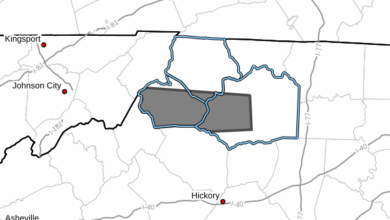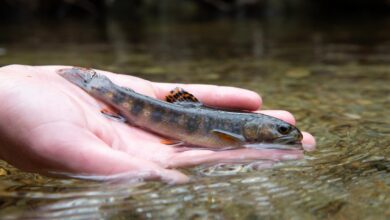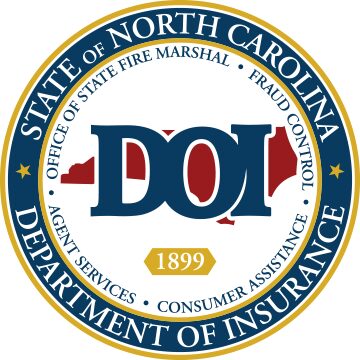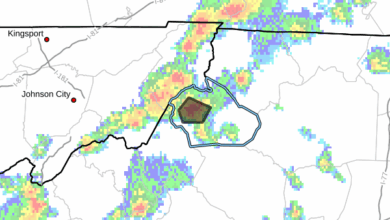Last Updated on February 12, 2022 6:56 pm
WASHINGTON, September 19, 2018 – The U.S. Department of Agriculture (USDA) announced it is making it easier for North Carolina schools affected by Hurricane Florence to feed students during this time of great need. All students in affected disaster areas in North Carolina will now be able to enjoy free school meals provided by USDA’s National School Lunch Program through October 26. This and additional measures will potentially benefit 31 school districts and over 284,000 children.
“During a storm like this, the state may face transportation challenges, or need to divert food inventories to other disaster response efforts. We are providing this flexibility to help schools provide wholesome meals to students using the foods they have available,” said USDA Secretary Sonny Perdue.
To further streamline program administration during this difficult time, schools and facilities in the disaster areas can temporarily serve meals that vary from menu planning or meal pattern requirements through October 19. The state may also designate schools and other facilities as emergency shelters, which may provide meals through USDA’s Child and Adult Care Food Program.
USDA has allowed the Food Bank of Central and Eastern North Carolina to operate summer meal programs during this unanticipated school closure. As part of this special flexibility, the food bank may serve meals that vary from the program’s regular standards. Due to the damage to roadways, communities, and other infrastructure, the food bank may also allow children to take meals home to eat through September 30.
USDA will continue monitoring the situation and work with state officials to determine further actions.
For more information on FNS assistance during times of disaster, visit www.fns.usda.gov/disaster.
USDA’s Food and Nutrition Service (FNS) administers 15 nutrition assistance programs, including the National School Lunch and School Breakfast programs, the Child and Adult Care Food Program, the Summer Food Service Program, the Special Supplemental Nutrition Program for Women, Infants and Children, and the Supplemental Nutrition Assistance Program, which together comprise America's nutrition safety net. For more information, visit www.fns.usda.gov.







